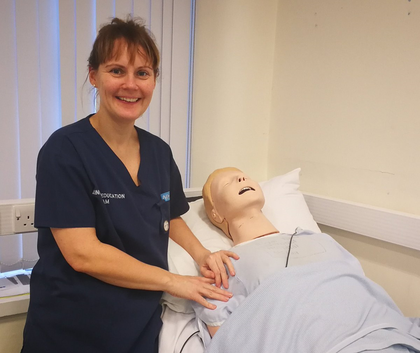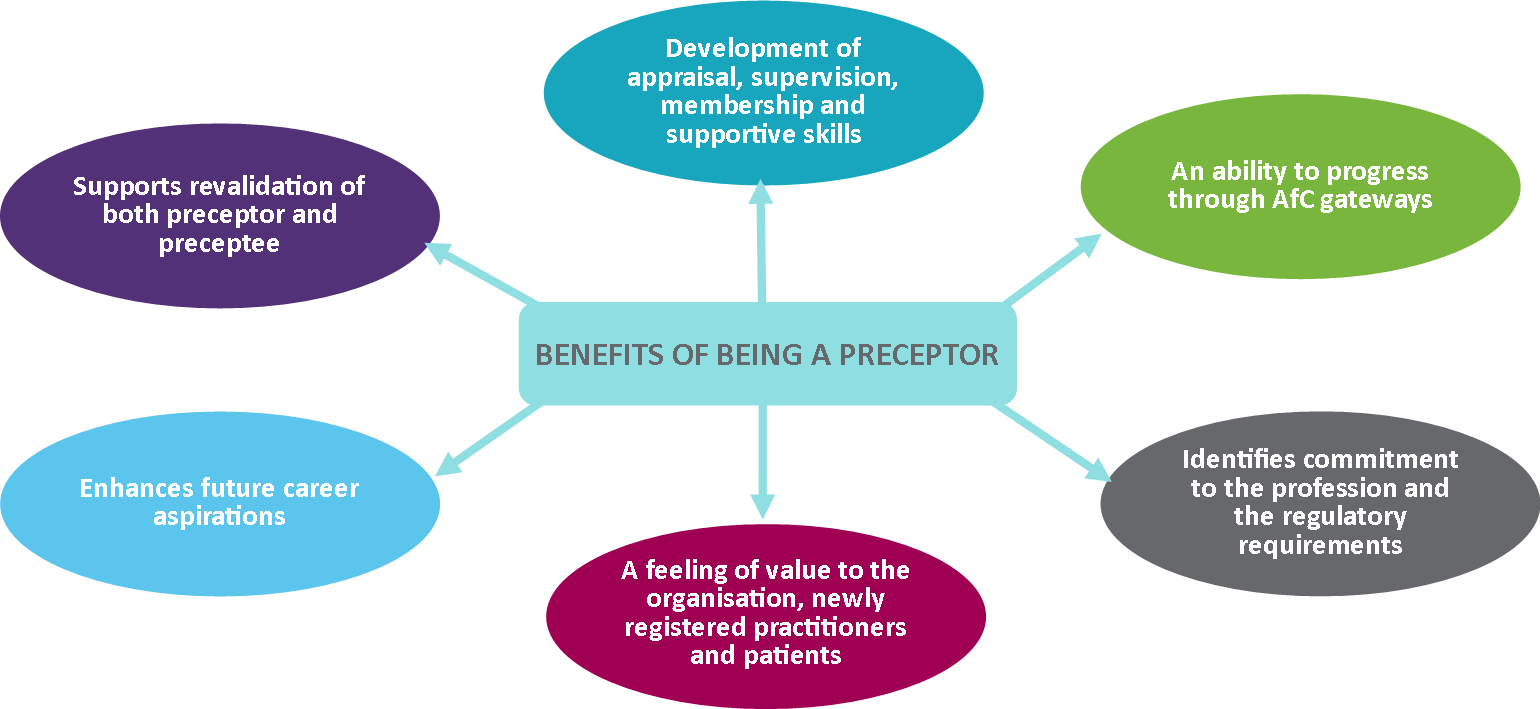Clinical Activity Support - Nursing Preceptorship
At East Lancashire Hospitals NHS Trust all newly qualified Staff Nurses are automatically enrolled on The Preceptorship Programme. This has been designed to assist the transition from student to newly qualified health professional by supporting learning in everyday practice through a range of learning activities. It is built around the trust core values of providing safe, personal and effective care and has been assimilated to the nursing strategy which encompasses the Six C’s.
ELHT offers a 12 month preceptorship programme utilising a variety of learning methods integrated into a series of monthly study sessions. The ultimate aim is to embed excellent practice which is achieved through a multi focal approach to learning, meeting both local and national standards through agreed, achievable objectives. The content of the programme is weighted towards practical skills in addition to workshops that are based around the harm free care agenda and the development of nursing practice.
ELHT offers a 12 month preceptorship programme utilising a variety of learning methods integrated into a series of monthly study sessions. The ultimate aim is to embed excellent practice which is achieved through a multi focal approach to learning, meeting both local and national standards through agreed, achievable objectives. The content of the programme is weighted towards practical skills in addition to workshops that are based around the harm free care agenda and the development of nursing practice.
|
Current programme content includes:
The vision is that each preceptee will be allocated a preceptor in the clinical area to assist this process. |
| ||||
Role of the Preceptor
Preceptors have an important role in the preceptorship process ensuring successful transmission of the newly qualified nurse. The DOH Preceptorship Framework (2010) defines the role of a preceptor as a:
‘registered practitioner who has been given a formal responsibility to support a newly registered practitioner through preceptorship’.
Preceptors have an important role in the preceptorship process ensuring successful transmission of the newly qualified nurse. The DOH Preceptorship Framework (2010) defines the role of a preceptor as a:
‘registered practitioner who has been given a formal responsibility to support a newly registered practitioner through preceptorship’.
|
As a preceptor you will be expected to work with and meet regularly with your preceptee and are;
|
Attributes of a preceptor
The attributes required of a registered practitioner who supports the newly registered practitioner through preceptorship may take up to two years to develop from registration and include:
The attributes required of a registered practitioner who supports the newly registered practitioner through preceptorship may take up to two years to develop from registration and include:
- Giving constructive feedback;
- Setting goals and assessing competency;
- Facilitating problem-solving;
- Active listening skills;
- Understanding, demonstrating and evidencing reflective-practice ability in the working environment;
- Demonstrating good time-management and leadership skills;
- Prioritising care;
- Demonstrating appropriate clinical decision-making and evidence-based practice;
- Recognising your own limitations and those of others;
- Knowing what resources are available and how to refer a newly registered practitioner appropriately if additional support is required, for example, pastoral support or occupational health services;
- Being an effective and inspirational role model and demonstrating professional values, attitude and behaviours;
- Demonstrating a clear understanding of the regulatory impact of the care that they deliver and the ability to pass on this knowledge;
- Providing a high standard of practice at all times.
For more information contact [email protected]











